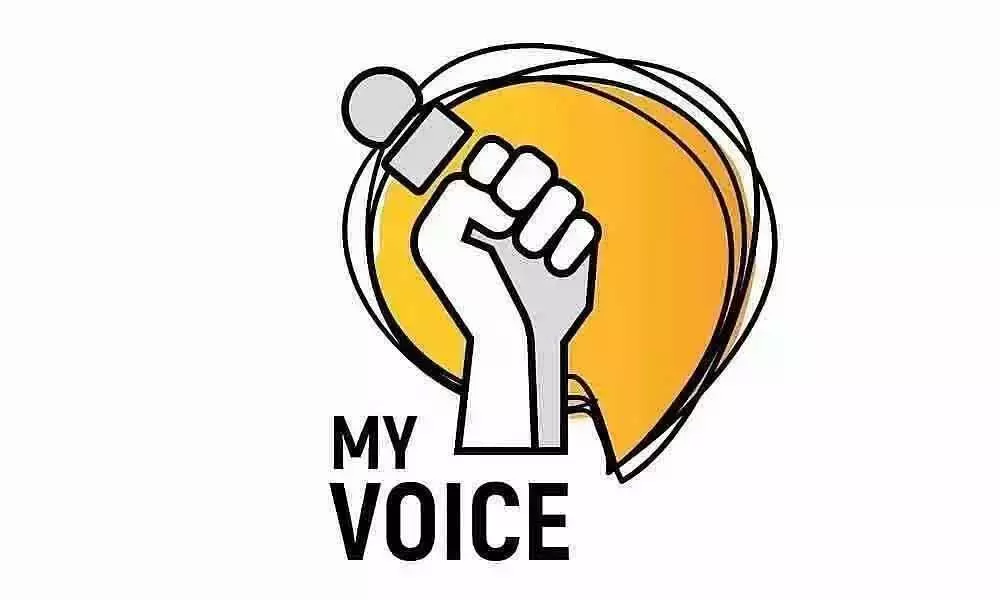MyVoice: Views of our readers 13th October 2020

MyVoice: Views of our readers 13th October 2020
In the shocking case of rape and murder of a Dalit girl in Hathras village in Uttar Pradesh, the court has to go beyond merely expressing shock, it has to reassure an apprehensive nation that it has what it takes to contain, and punish, an administration which has gone rogue
Culprits should be punished not protected
In the shocking case of rape and murder of a Dalit girl in Hathras village in Uttar Pradesh, the court has to go beyond merely expressing shock, it has to reassure an apprehensive nation that it has what it takes to contain, and punish, an administration which has gone rogue. Comparisons in such matters are distasteful, but sometimes they are necessary to show us how far we have fallen. Hathras cannot but evoke painful memories of the Nirbhaya case of 2012. But then the State and the Central governments behaved quite differently and with compassion. Throughout the protests then the victim was provided all possible medical care, and was even flown to Singapore for specialised attention; her family was treated with compassion, the media and the Opposition had full access to them, no attempt was made to create an alternative narrative of conspiracy and what have you. The then Prime Minister and Congress president went to the airport to receive Nirbhaya's body. Need one contrast this with what is transpiring today?
Ch Rama Rao, Hyderabad
Something must be done to contain Covid
Covid-19 does not show any sign of retreat any time soon. Governments, scientists, medical experts and pharma companies have been trying hard to develop a vaccine for the pandemic. Indeed, in India, various drugs have made their way into and then out of the recommended clinical guidelines issued periodically by the Union Ministry of Health and Family Welfare. In early March, when the first few cases of Covid-19 began to emerge, SMS Hospital in Jaipur successfully treated a patient with a combination of lopinavir and ritonavir, the antiretroviral drugs used in the treatment of HIV. Three days later, the drug combination had made it to the Health Ministry's treatment protocol. It recommended lopinavir-ritonavir for high-risk patients including those above the age of 60, the immuno-compromised, those with diabetes, kidney failure and chronic lung disease. HCQ was also announced as a preventive medication initially and then as treatment for severe cases along with an antibiotic in March.
By the time the next version of these guidelines was released in mid-June, both the HIV drugs were replaced by HCQ, which was then recommended for use in moderate to severe cases on its own. An anti-inflammatory steroid, methylprednisolone, was added to the list. But the WHO's decision to entirely discontinue trials for HCQ as a possible Covid-19 cure saw the anti-inflammatory drug return to its use as a preventive medication in mild and moderate but high-risk cases (involving those with comorbidities) in the third and latest version of the guidelines. According to experts HCQ was never proven to have much benefit against Covid-19. There are some small studies proving its effectiveness as a preventive medication. India has reached a stage now where more combinations of medicines are being used to control a few particularly key and dangerous aspects of Covid-19, viral replication, cytokine overproduction and inflammation. The judicious use of steroids has also made a difference. However, steroids remain difficult to administer to patients with high or unstable blood sugar and thus mortality risks in these cases are still high. We need to address high-risk Covid-19 care next.
Dr Malini Reddy, Hyderabad








